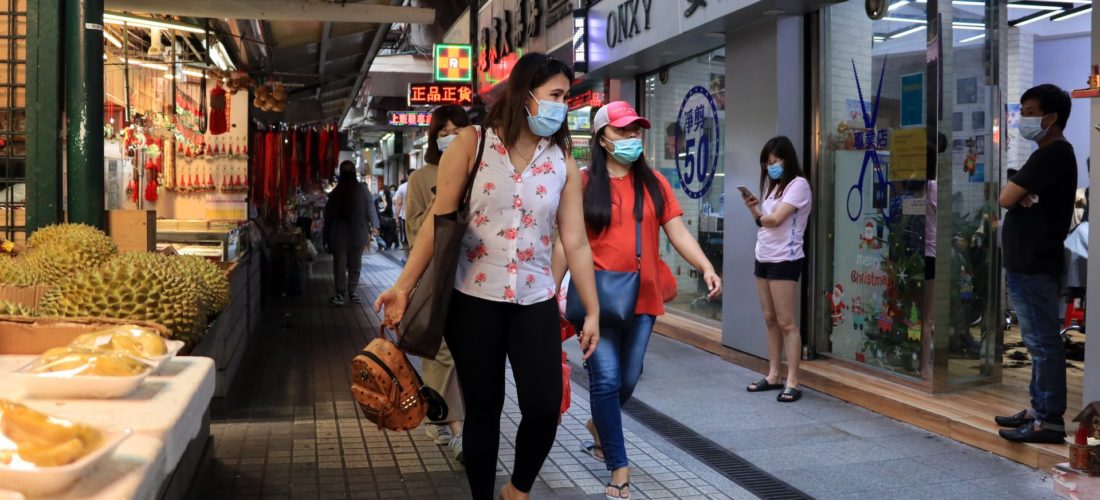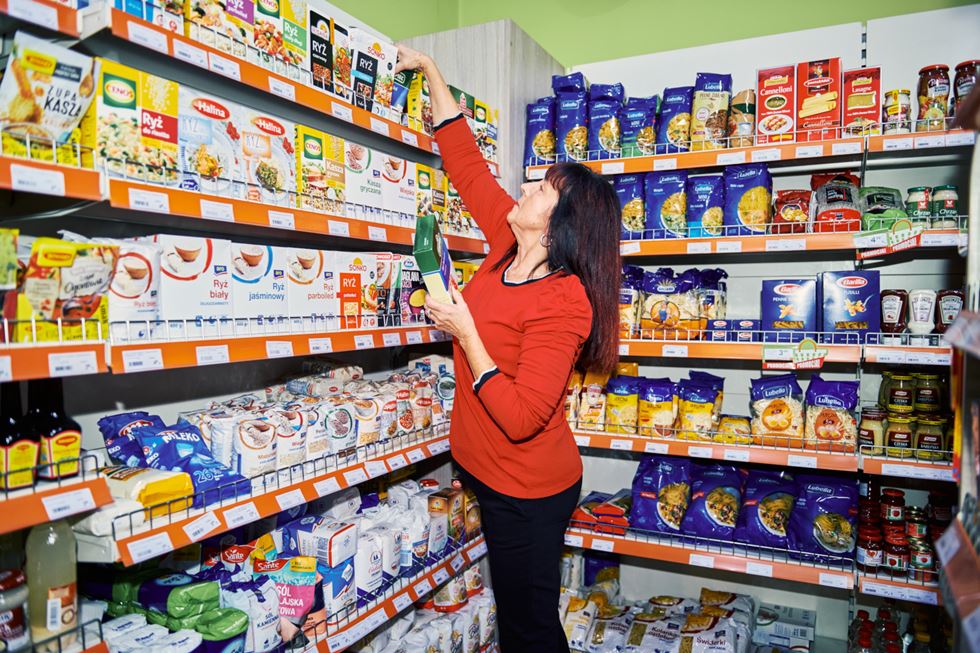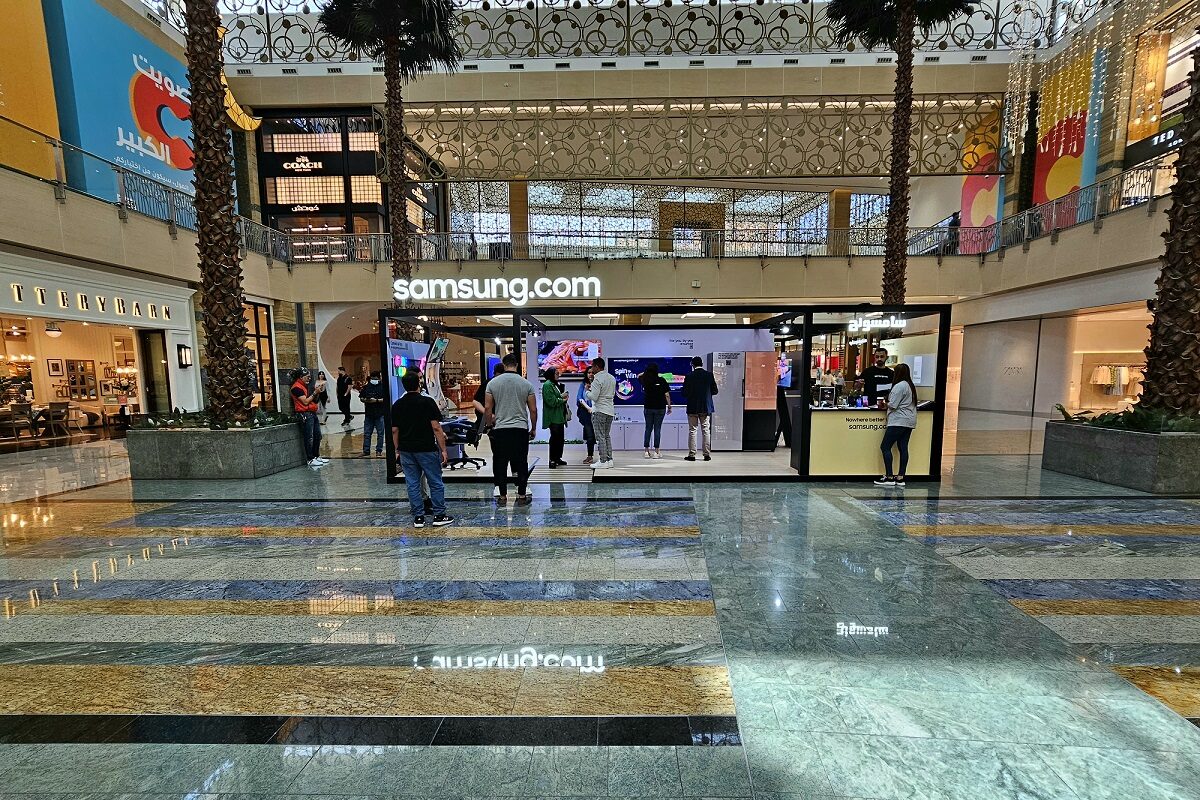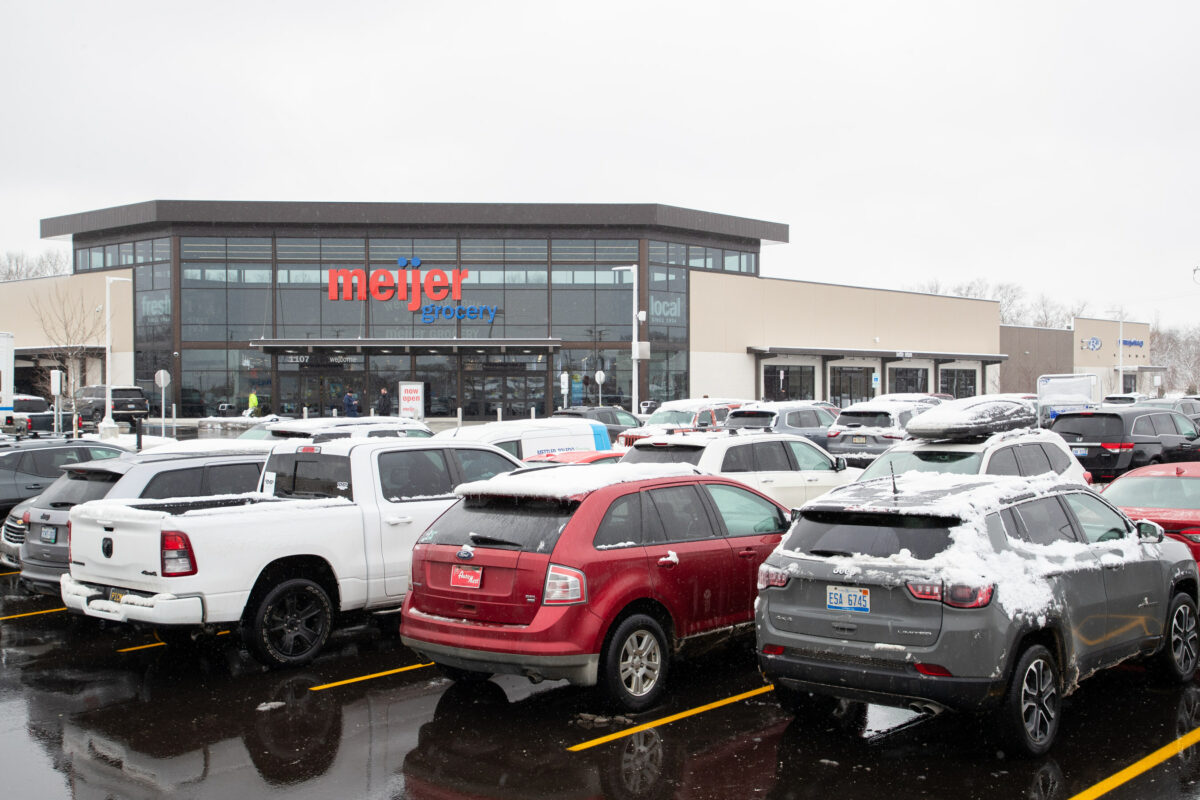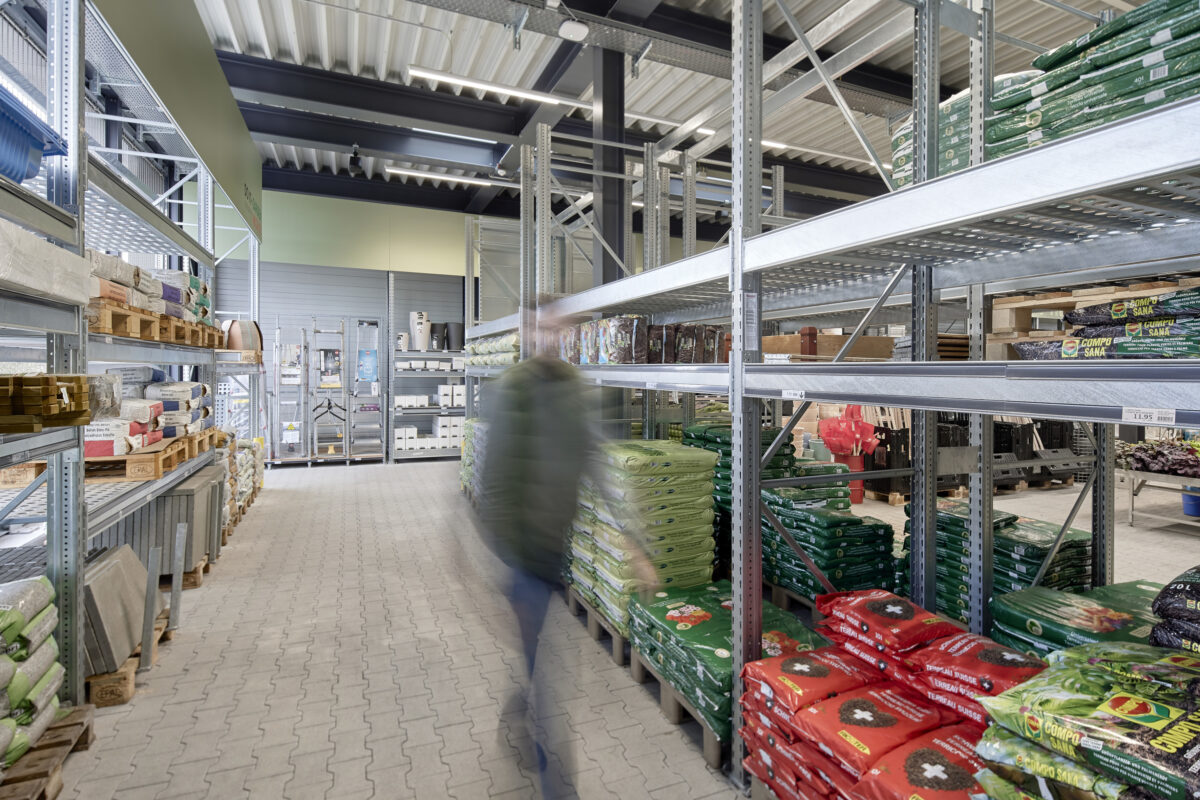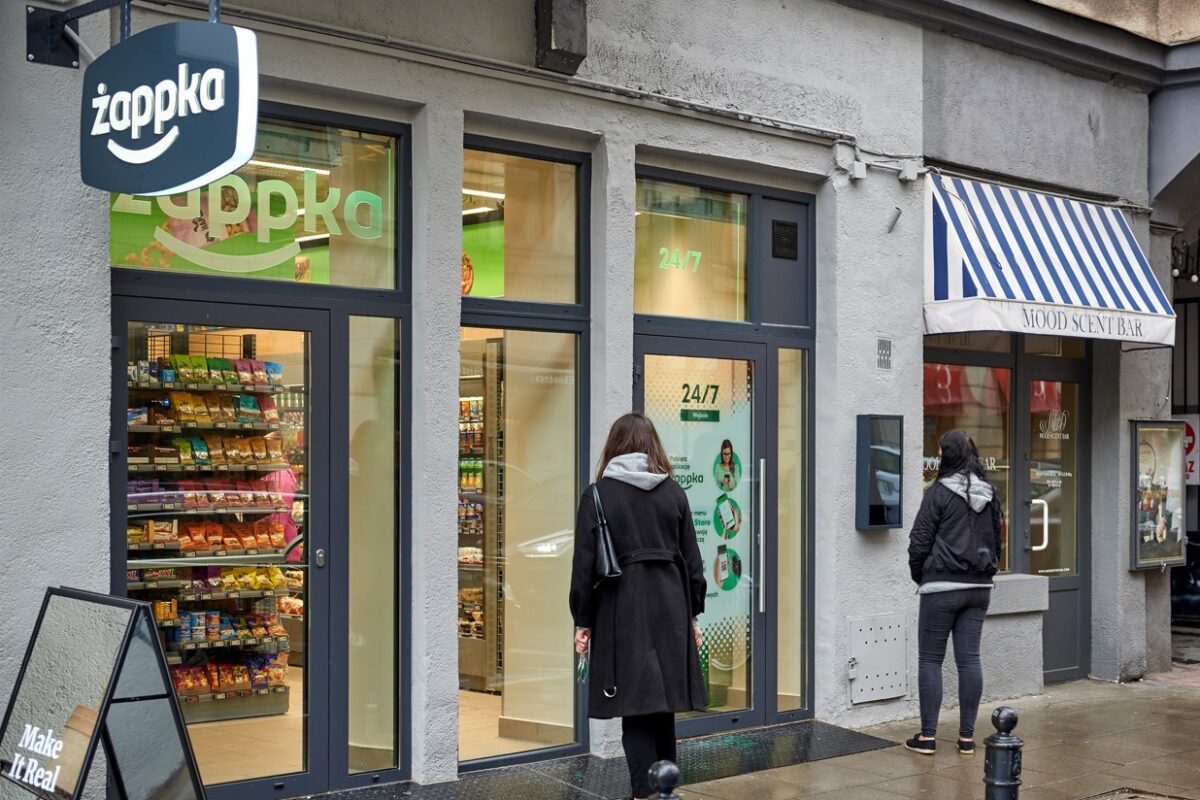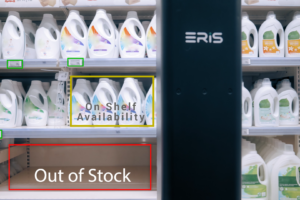“As the situation of Covid-19 control and prevention in China continues to improve, the consumer market is recovering and there is a significant increase in sales,” said Gao Feng, spokesman for the Ministry of Commerce, at a press conference. Gao said the growth in sales revenues of 5,000 major retailers had increased by 15.8 percentage points in March compared to February and continued to improve into April. The country’s retail sales plunged 20.5 percent year-on-year in the first two months of the year, a typical consumer boom season.
In the short term, Gao said the pandemic has dealt a blow to the global economy and supply chains, and there is a need to strengthen international cooperation to secure key supply chains. In the longer term, however, the Chinese economy has great resilience, potential and plenty of room for political maneuver. The economic foundations for healthy development remain unchanged.
Chinese cities want to increase the desire to buy with voucher campaigns
In cooperation with several companies, voucher campaigns are being run to encourage residents to go out and shop, thus boosting consumption. “It’s a pleasant shopping experience because these vouchers allow me to buy snacks at a lower price,” said one consumer on Suning.com, one of China’s retail giants. The retailer recently distributed vouchers worth 500 million yuan (about $70.4 million) to its users nationwide to encourage them to buy goods in its online and offline stores. The move came after the city of Ningbo in Zhejiang province launched a promotional campaign in which a number of companies provided consumers with vouchers and coupons worth around 20 billion yuan.
According to Zhang Yan, head of the Ningbo Municipal Government Commerce Bureau, the campaign will encourage the city’s leading companies and affected industries to form an alliance to unleash the potential for consumption at lower prices. Ningbo is just one of several Chinese cities that have introduced voucher schemes. Nanjing, the capital of Jiangsu Province, has announced the distribution of over 300 million yuan worth of vouchers to its residents and those in difficulty to accelerate the recovery of trade and services. Jinan, the capital of Shandong Province, has also issued vouchers worth 20 million yuan to boost spending on tourism and culture, while the city of Jiande in Zhejiang has pledged to provide domestic tourists with travel vouchers worth 10 million yuan.
In early March, the Chinese authorities issued a directive aimed at boosting consumption and unlocking the potential of the domestic market to cushion the impact of the ongoing epidemic. The directive, issued jointly by 23 government departments, contained 19 measures to remove institutional barriers to consumption growth and to revive the catch-up needs arising from the coronavirus outbreak.
It is expected that the distribution of vouchers covering several aspects of the economy and society will revitalize the very demand that was hit hard by the outbreak, said Pan Helin, an economics expert at Zhongnan University of Economics and Law. “Consumer demand is growing rapidly as the country accelerates the resumption of work and production nationwide,” noted Lin Tao, an official at the NBS (National Bureau of Statistics of China).
Provinces offer extended weekends to boost consumer spending
Local governments in China have offered longer weekends or flexible working hours to boost consumer spending. Nanjing, the capital of Jiangsu province, is introducing a two-and-a-half-day weekend. The city is targeting sales of 1.6 trillion yuan ($228 billion) this year in industries such as catering, hotels and retail. Cities in about a dozen provinces and municipalities – including Jiangxi, Zhejiang and Gansu – have introduced similar measures to stimulate consumer spending. Jiangxi has also introduced extended weekends and is also offering half price tickets to scenic locations and vouchers that can be used in hotels, restaurants and other venues.
The retail, food service and hotel sectors welcome the measures. Many people working in industries such as tourism, hospitality and retail have suffered greatly during the COVID 19 outbreak. Many are under great financial strain and have to pay rent and salaries. The number of domestic tourists in the first quarter is expected to have fallen by 56 percent year-on-year, while revenues from domestic tourism fell by 69 percent, according to the China Tourism Academy. For the year, the number of domestic tourists is forecast to decrease by 15.5 percent and the related revenues by 20.6 percent, the academy said.
“We believe that the two-and-a-half-day weekend, along with other measures, will help to revive the economy that was dampened by the COVID 19 outbreak,” said Wu Haijin, director of the Institute of Urban Studies at the Nanjing Academy of Social Sciences. “But the government should propose concrete measures to prevent the burden on private enterprises, especially small and medium-sized enterprises, from increasing.”
Source: China Daily China’s consumer market recovering from coronavirus-induced downturn, voucher campaigns, longer weekends or flexible working schedules




